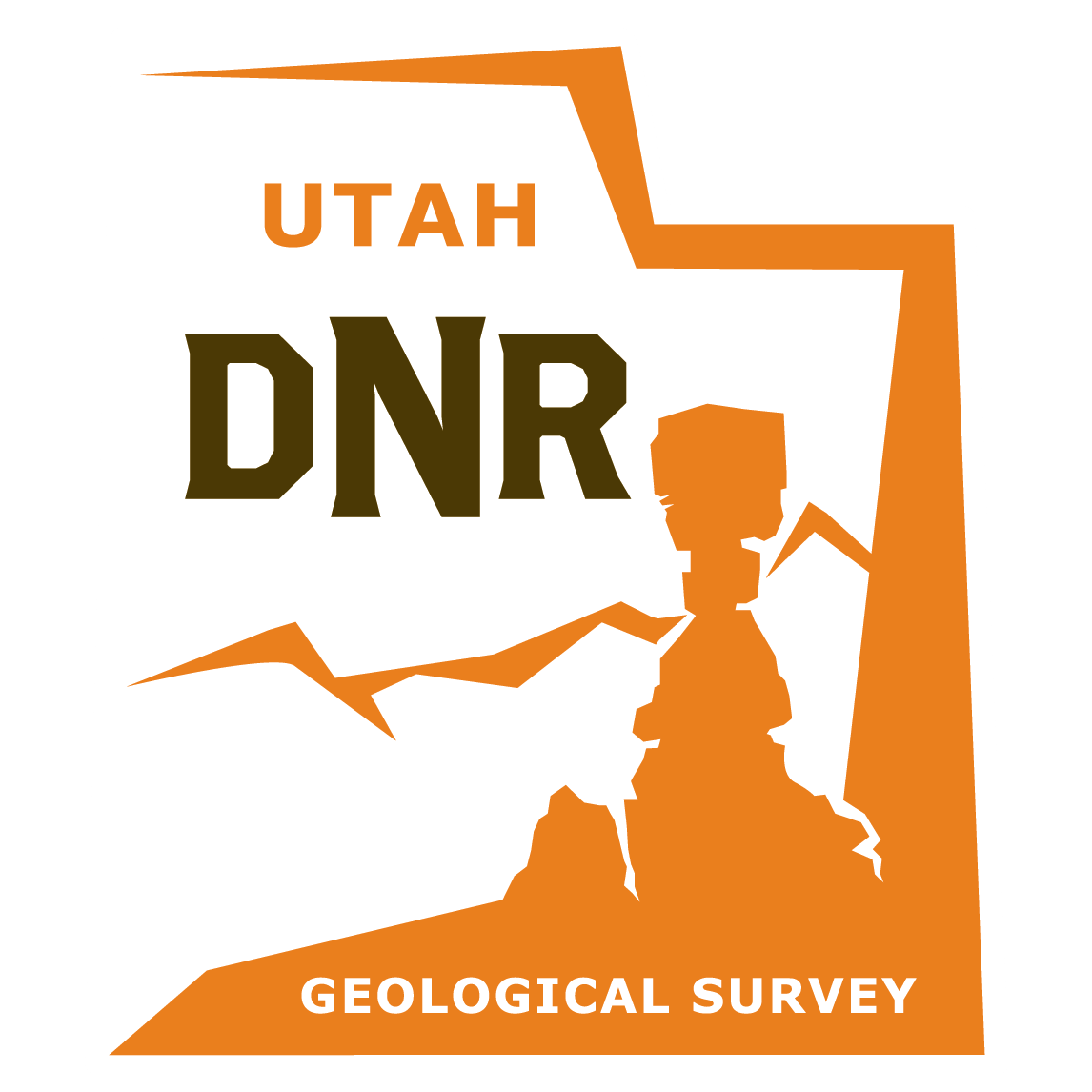Tag Archive for: utah
sunews.net
Bureau of Land Management has rescheduled the presentation “Microbes, Mars & Moqui Marbles” on Tuesday, July 16. The program is a special Grand Staircase-Escalante National Monument (GSENM) Walks and Talks Lecture Series presentation to be held at the BLM Kanab Visitor Center, located at 745 East Hwy 89, in Kanab, Utah.
Beginning at 7 p.m., Dr. David Loope will reveal new insights into how microbes affect geology. Based on his recent research on the Navajo Sandstone within GSENM, Dr. Loope will explain how microbes, that have lived just below Earth’s surface for at least three billion years play an important part in the development of Moqui Marbles on Earth, as well as other planets, including Mars.
kcpw.org
You wouldn’t know it from experience, but the Wasatch Front is one of the most seismically at risk areas in Utah and in the Intermountain West. Scientists are looking at thousands of years of earthquake history to learn more about the hazard we face. Kim Schuske has this story.
Dixie National Forest, Kane County, Utah
Photographer: Tyler Knudsen
Golden aspen, blue sky, and dark basaltic lava provide dramatic contrast along the Navajo Lake Loop Trail on the Markagunt Plateau. The geologically young Quaternaryage lava erupted from a nearby cinder cone and flowed across Duck Creek, creating a natural dam that formed Navajo Lake.
deseretnews.com
An Estonia company that claims it has perfected turning oil shale into fuel oil during the past 30 years wants to mine rock from a remote region of the Uintah Basin, tapping 2.6 billion barrels of oil in the decades to come.
That staggering production, 50,000 barrels of oil per day, would represent one-third of Utah’s liquid fuel consumption and is touted to emerge from a processing and refining plant that would put power back into the energy grid.
READ MORE
aapg.org
Geologic intervals that may have looked a bit ho-hum when pierced by the drill bit on its way to the Real Target can, on second look, yield some pleasant surprises.
The Uteland Butte Member of the Eocene Green River Formation in the Uinta Basin in Utah is one of these.
It’s the basal member of the Green River, above the Upper Paleocene to Lower Eocene Wasatch Formation, which is predominantly a sandstone with red, green and gray shales deposited in a fluvial setting.
In contrast, the Uteland Butte is indicative of a lacustrine environment and is mainly limestone, dolomite, organic rich calcareous mudstone and siltstone, with some thin sandstones, according to AAPG member Michael Vanden Berg.
Kolob Canyons, Zion National Park, Washington County, Utah
Photographer: Michael Vanden Berg
Jurassic-age Navajo Sandstone forms the massive red cliffs of the often-overlooked Kolob Canyons area of Zion National Park. Hanging valleys are present where relatively small tributary streams have eroded downward at a slower rate than the larger trunk stream.
Cretaceous Mancos Shale, Uinta Basin, Utah
A research team from the Utah Geological Survey and the University of Utah presented the results of their on-going work in the Uinta Basin to members of the petroleum industry recently. Meeting in Denver on June 28, the UGS and university geologists discussed their research on the oil and gas potential of the Cretaceous Mancos Shale, which lies several thousand feet below the surface in most of the Basin. Although oil and gas from shale have made energy headlines in many states, production from the Mancos will be a challenge, due in part to its thickness compared to other U.S. shale plays. About 20 geologists and engineers representing 10 companies with interests in the Uinta Basin attended the meeting. The research is being funded by the Research Partnership to Secure Energy for America, through a contract from the U.S. Department of Energy.
See http://geology.utah.gov/emp/shalegas/cret_shalegas/index.htm for more information about the project.







